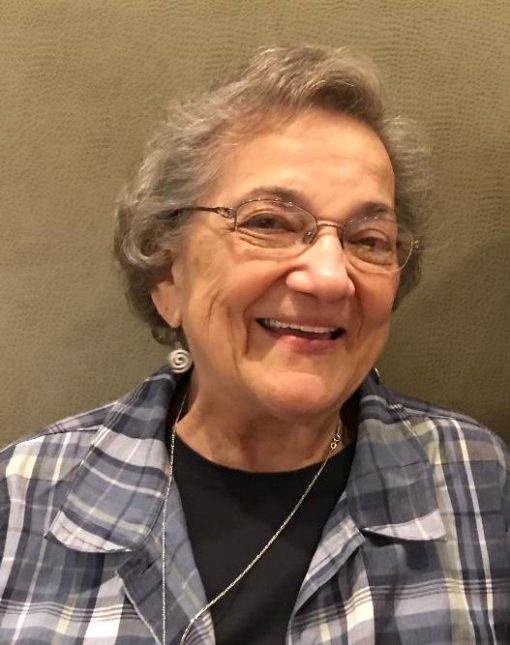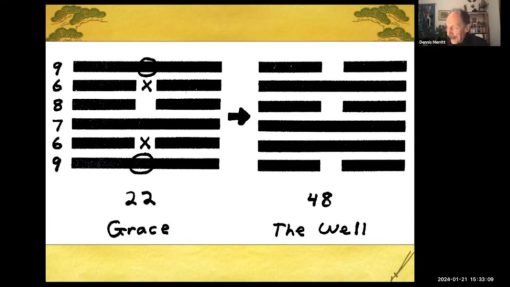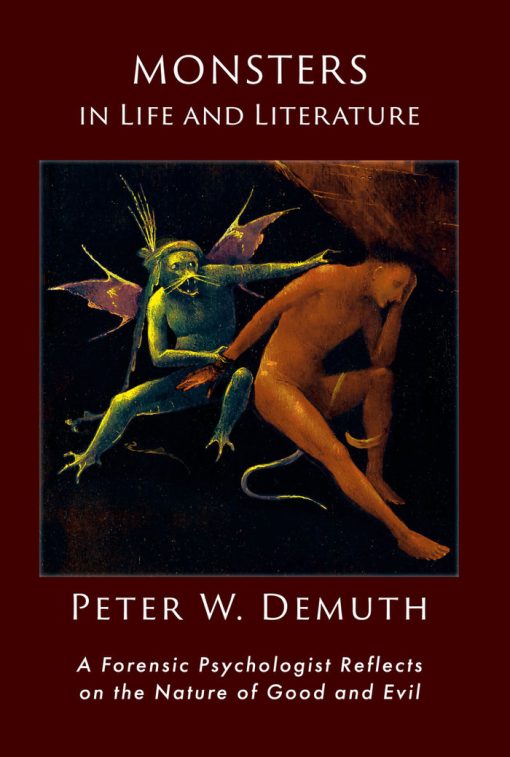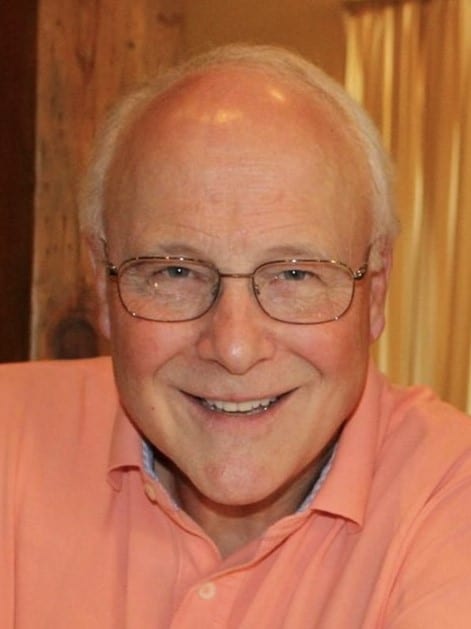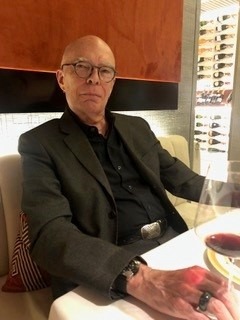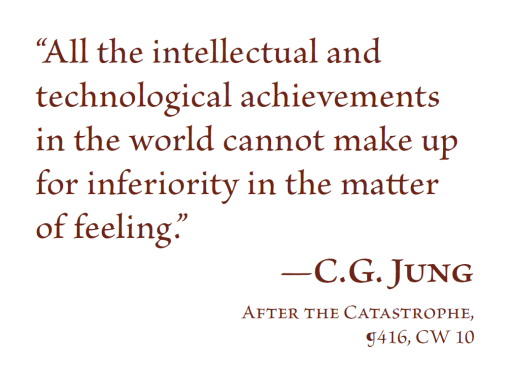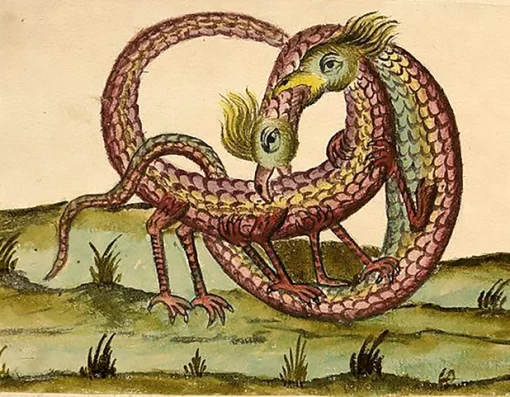From Shreya Dave, JSP Graduate and Chair of Development | March 13, 2024


The first time I walked into the classroom at the C. G. Jung Institute of Chicago, I was struck by the Circle of Friends candle holder. Such a wonderful symbol of people coming together to protect the flame! A group standing up, arms around one another, encircling the flame of individuality, the flame of Individuation. This image has stayed alive for me.
In the times of crisis, protecting this flame feels more important than ever. I recently graduated from the two-year Jungian Studies Program, which was challenging to say the least, but was the most rewarding undertaking. It acted as a catalyst to understand myself better by bringing shunned and ignored aspects to the surface and by holding the pain, helping me to discover my strength.
I invite you to join the Circle of Friends by donating to the Institute this Spring. Through my experience, I assure you that your contribution will really make a difference to individuals and help them move closer to wholeness.

Shreya Dave
Chair of Development
C. G. Jung Institute of Chicago

